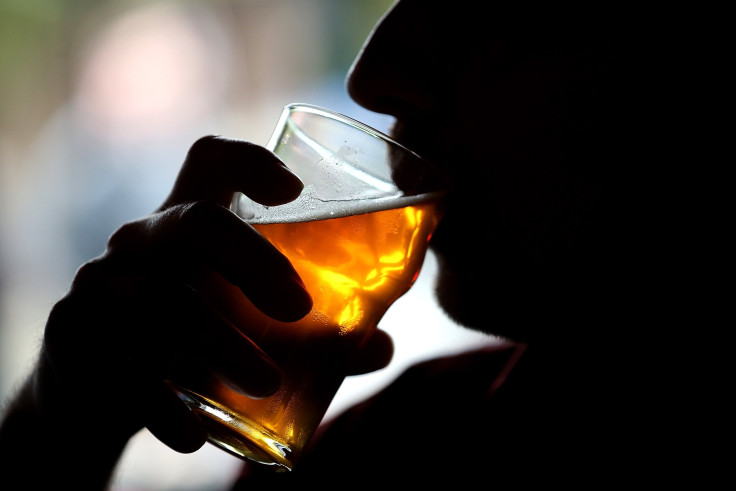Drinking Alcohol Causes Irreversible DNA Damage, Increases Cancer Risk: Study

A new study has found out why alcohol increases risk of cancer in the human body. It is widely known that regular consumption of alcoholic beverages damages the liver and can lead to pancreatitis, which makes the body more susceptible to seven types of cancer. But, the exact reason behind the link between alcoholism and cancer was not known, until now.
The research by Cambridge University's MRC Laboratory of Molecular Biology found that a chemical in alcohol that is a major carcinogen: acetaldehyde. It damages the DNA in blood-forming stem cells.
Our body needs to break down acetaldehyde into simpler chain compounds to prevent its build-up. But when a person consumes too much alcohol in one sitting, the body slowly loses its ability to efficiently metabolise the acetaldehyde, the team found.
When this happens it causes massive damage to our DNA, the study found.
The team studied mice and focussed on the effects of alcohol on stem cells to make the findings. Stem cells supplies the many different specialised cells that help our body repair damage.
“They’re a good way of monitoring changes and damage to DNA in a way that’s more informative than looking at cells in a dish,” said professor Ketan Patel on the link between stem cells and cancer.
The team got the mice drunk with diluted alcohol, or ethanol, then used chromosome analysis and DNA sequencing to gauge the genetic damage.
They found the effects of acetaldehyde on the double-stranded breaks in the DNA inside these cells. They found that these deposits permanently altering the mice DNA.
"We saw huge amounts of DNA damage in these cells. Bits of DNA were deleted, bits were broken and we even saw parts of chromosomes being moved about and rearranged," Patel added.
An enzyme called acetaldehyde dehydrogenases (ALDH) helps neutralize acetaldehyde by converting it into acetate, which the body can use for energy.
The team genetically modified the mice with a mutation that prevented blood stem cells from producing one of these enzymes — ALDH2 — to analyze the damage caused by acetaldehyde.
They found that ALDH2-deficient mice had four times the cell damage as control mice with normal ALDH2 production.
The study said that over 540 million people in Asia carry a mutation in the ALDH2 gene, which means they can't process acetaldehyde which causes the widely documented red flush reaction in Asians.
The team found that people with this mutation are at an increased risk of oesophageal cancer.
"Our study highlights that not being able to process alcohol effectively can lead to an even higher risk of alcohol-related DNA damage and therefore certain cancers," Patel said.
"But it's important to remember that alcohol clearance and DNA repair systems are not perfect and alcohol can still cause cancer in different ways, even in people whose defence mechanisms are intact."
Alcohol causes an increased risk of getting mouth, throat, oesophageal, larynx, breast, liver and bowel cancer, even in light drinkers.
The research was conducted by Cancer Research UK and was published in the journal Nature on Jan. 3.
© Copyright IBTimes 2024. All rights reserved.











